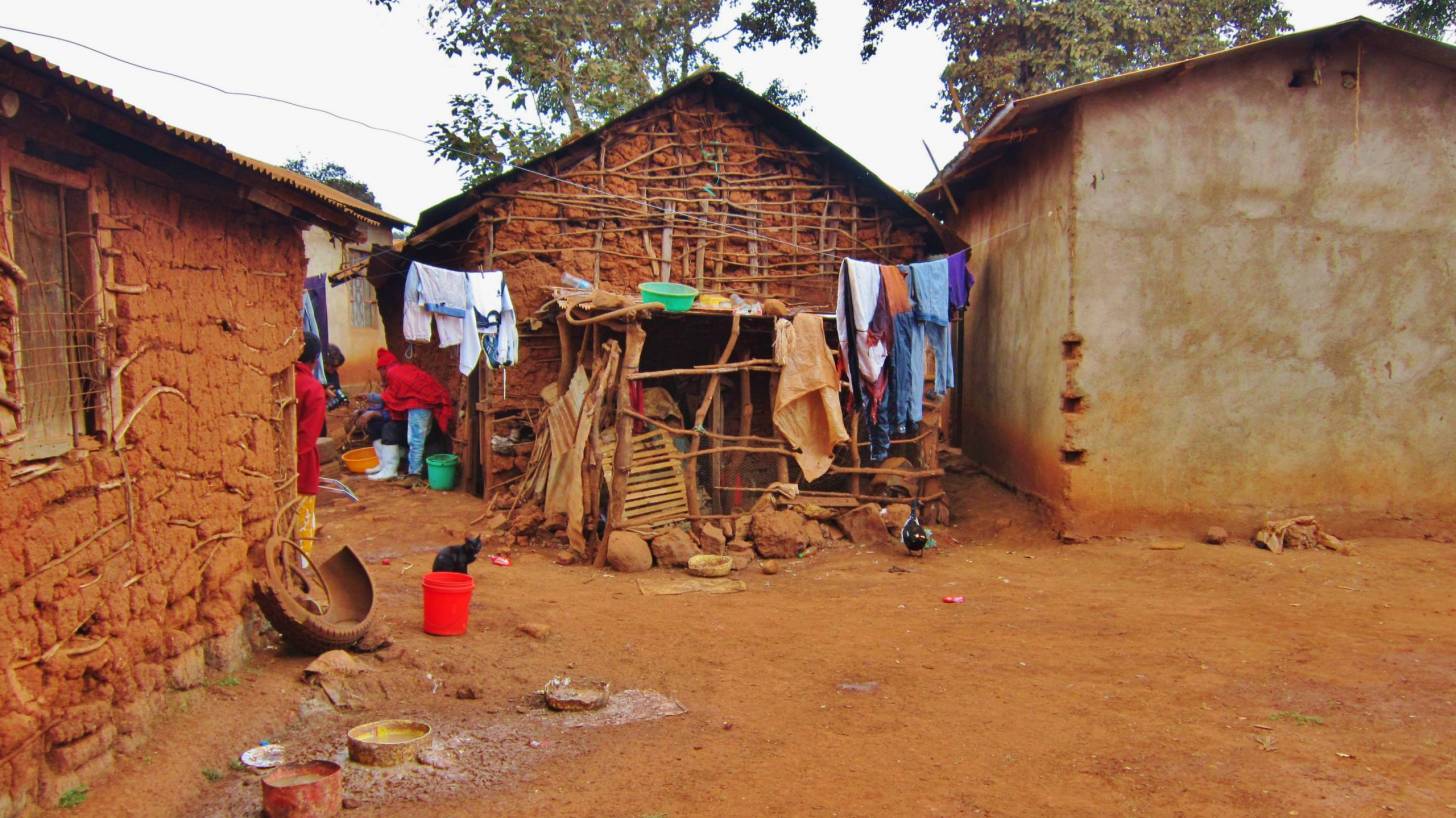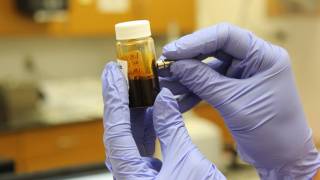Ebola Outbreak in Africa Appears Under Control

One month into the Ebola virus outbreak in the Democratic Republic of the Congo (DRC), cautious optimism is being expressed by various health leaders.
The June 17, 2018, epidemiological update from the DRC’s Ministry of Health reports that there have now been 64 reported cases of hemorrhagic fever.
Since the start of the epidemic, there have been 24 people cured of Ebola infection and 28 deaths.
This outbreak of Ebola which began in late May 2018, is occurring in the Bikoro area, Equateur province in the northwest corner of the DRC.
A comprehensive public health response led by the DRC government and supported by the World Health Organization (WHO) includes enhanced illness surveillance and reporting, monitoring of contacts, and improved laboratory capacity.
The DRC has also begun exit screening at airports and key borders to help prevent the spread of Ebola to other areas. Exit screening may include checking travelers for signs and symptoms of Ebola-like illness and identifying people who may have been exposed to Ebola.
This is the first Ebola outbreak during which the new vaccinations and therapeutics have been available, and health officials are touting the efforts.
“It’s far too early to declare victory, but the signals are positive and we are cautiously optimistic,” said WHO director-general Tedros Adhanom Ghebreyesus, Ph.D., MSc, in a recent statement.
“We have new weapons and together with the government and our partners, we have acted with urgency to save lives. We will remain vigilant until this outbreak is over.”
The Centers for Disease Control and Prevention (CDC) issued a Level 1 Alert on May 15, 2018, which recommends ‘Usual Precaution’, saying the risk to most travelers to the DRC is low.
The CDC has issued recommendations for air travel staff visiting central Africa. If possible, separate the sick traveler from others by 6 feet or move adjacent passengers without compromising flight safety or exposing additional passengers.
Ebola virus disease (also known as Ebola hemorrhagic fever) is a rare and deadly disease that periodically causes outbreaks in several African countries. It is spread by direct contact with blood or body fluids of a person infected with Ebola virus. It is also spread by contact with contaminated objects or infected animals.
Symptoms include fever, headache, joint and muscle aches, sore throat, and weakness, followed by diarrhea, vomiting, and stomach pain. Skin rash, red eyes, and internal and external bleeding may be seen in some patients.
An experimental Ebola vaccine has been deployed but has not been fully tested for safety or effectiveness. Merck’s Ebola vaccine rVSV-ZEBOV is a recombinant, replication-competent vesicular stomatitis virus-based.
Since there is no commercially approved preventive vaccine or specific treatment for Ebola, it is important for people to take steps to prevent Ebola, such as:
- Avoid contact with other people’s blood or body fluids,
- Do not handle items that may have come into contact with a person’s blood or body fluids (such as clothes, bedding, needles, and medical equipment),
- Avoid contact with wild animals or with raw bushmeat,
- Avoid funeral or burial rituals that require handling a dead body.
The CDC said it will continue to monitor the Ebola outbreak situation closely.
Our Trust Standards: Medical Advisory Committee
- EPIDEMIOLOGICAL SITUATION Sunday, June 17th, 2018
- At one-month mark in Ebola outbreak, the focus shifts to remote areas
- Response to the Ebola virus disease outbreak in the Democratic Republic of the Congo
- Should the CDC Increase Its Travel Alert Status for This Ebola Outbreak?
- DRC Ebola Outbreak Has Three Big Challenges




